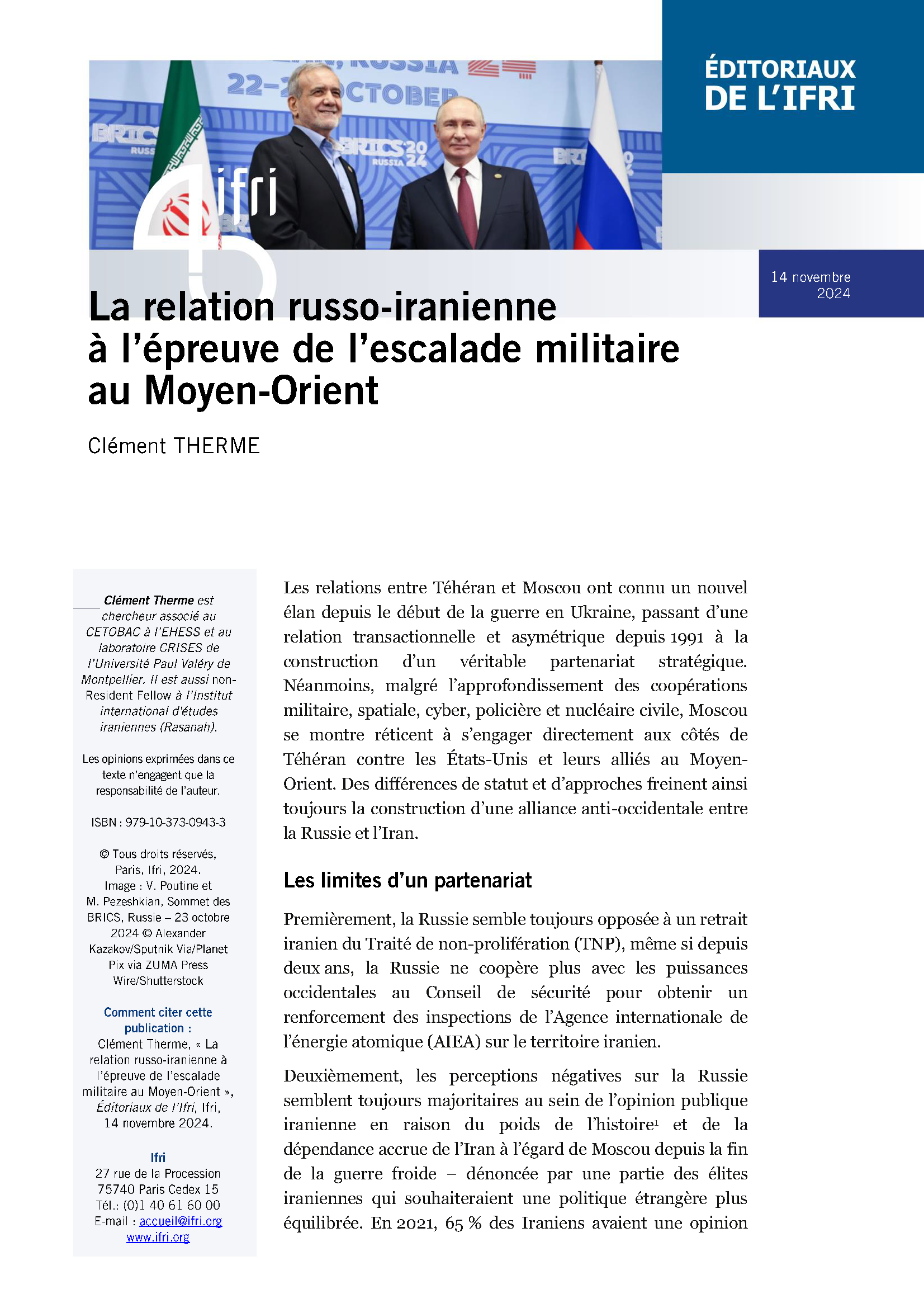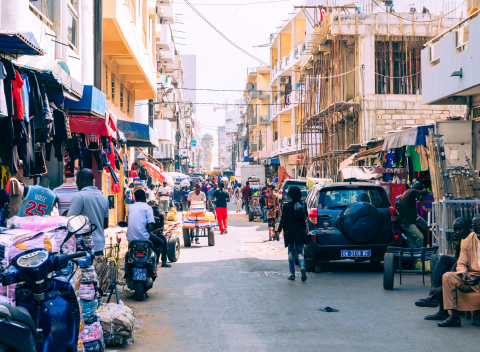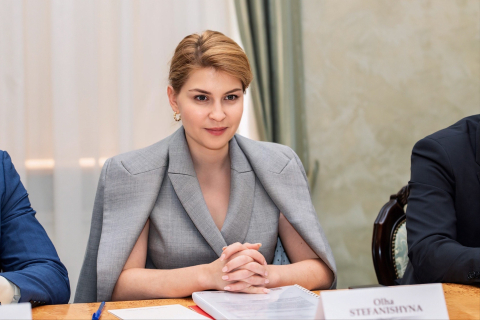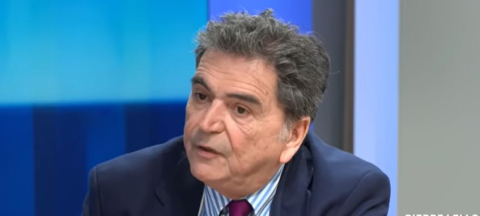Territorial Disputes in the South China Sea: What are the Risks of Conflict?

Informations pratiques
Centres et programmes liés
Les inscriptions pour cet événement sont closes.
En savoir plus sur nos programmes de soutienSéminaire autour de Ralf Emmers, professeur associé et coordinateur du Programme sur le multilatéralisme et le régionalisme à la S. Rajaratnam School of International Studies (RSIS) de Singapour. Parmi ses derniers ouvrages figurent : Geopolitics and Maritime Territorial Disputes in East Asia, London: Routledge, 2009. (with Sam Bateman) (eds), Security and International Politics in the South China Sea: Towards a Co-operative Management Regime, London: Routledge, 2009.
Présidence: Françoise Nicolas, directeur, Centre Asie Ifri.
Le séminaire se tiendra en anglais.
The presentation will focus on the changing distribution of power in the South China Sea and assess the implications this has for conflict management and avoidance in the disputed areas. There is a growing asymmetry of naval power in the South China Sea to the advantage of China. Southeast Asian claimants are concerned about the rapidly changing power distribution and fear that overwhelming naval capabilities could one day be used by the People's Republic of China to resolve the sovereignty question militarily. The presentation will therefore examine how the Southeast Asian nations have sought, with some success, to manage the unequal power distribution in the South China Sea through the activities of the Association of Southeast Asian Nations (ASEAN) and its model of conflict management and avoidance. It will assess the risks of conflict in the short to medium term and offer a way forward.
Intervenants
Autres événements
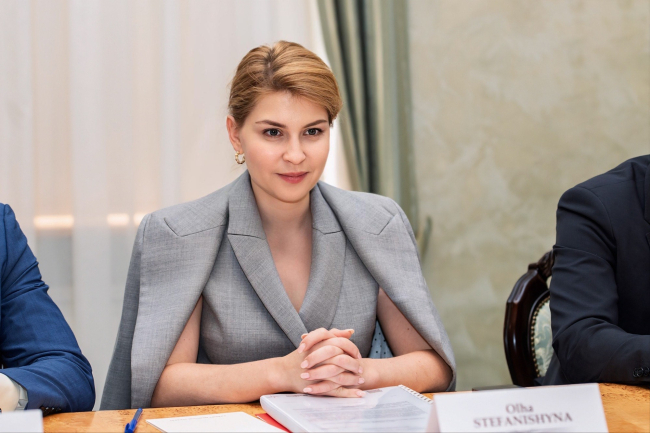
Entre guerre et réformes : quelles perspectives d’adhésion de l’Ukraine à l’UE et à l’OTAN ?
Conversation exclusive avec Olha Stefanishyna, vice-Première ministre d’Ukraine pour l’intégration européenne et euro-atlantique et ministre de la Justice.

Moyen-Orient : quel équilibre des forces ?
Après l'attaque du 7 octobre 2023, les réactions et les ambitions stratégiques des principaux acteurs – Israël, Hamas, Hezbollah - et de leurs alliés respectifs, au premier rang les Etats-Unis et l’Iran, exacerbent les tensions.
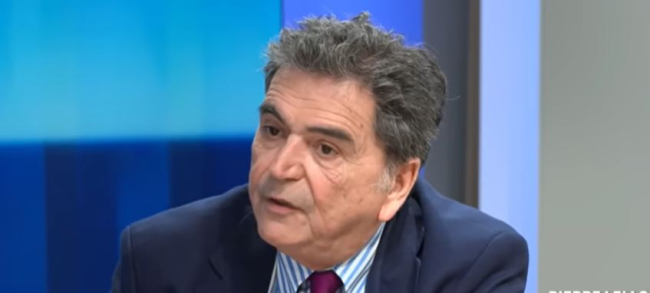
Petit-déjeuner débat avec Pierre Lellouche, ancien ministre, membre du Conseil stratégique de l'Ifri
Échange autour du livre de Pierre Lellouche "Engrenages. La guerre d'Ukraine et le basculement du monde", Paris, Odile Jacob, 2024.
Débat présidé par Thierry de Montbrial, président de l'Ifri, membre de l'Académie des Sciences morales et politiques


